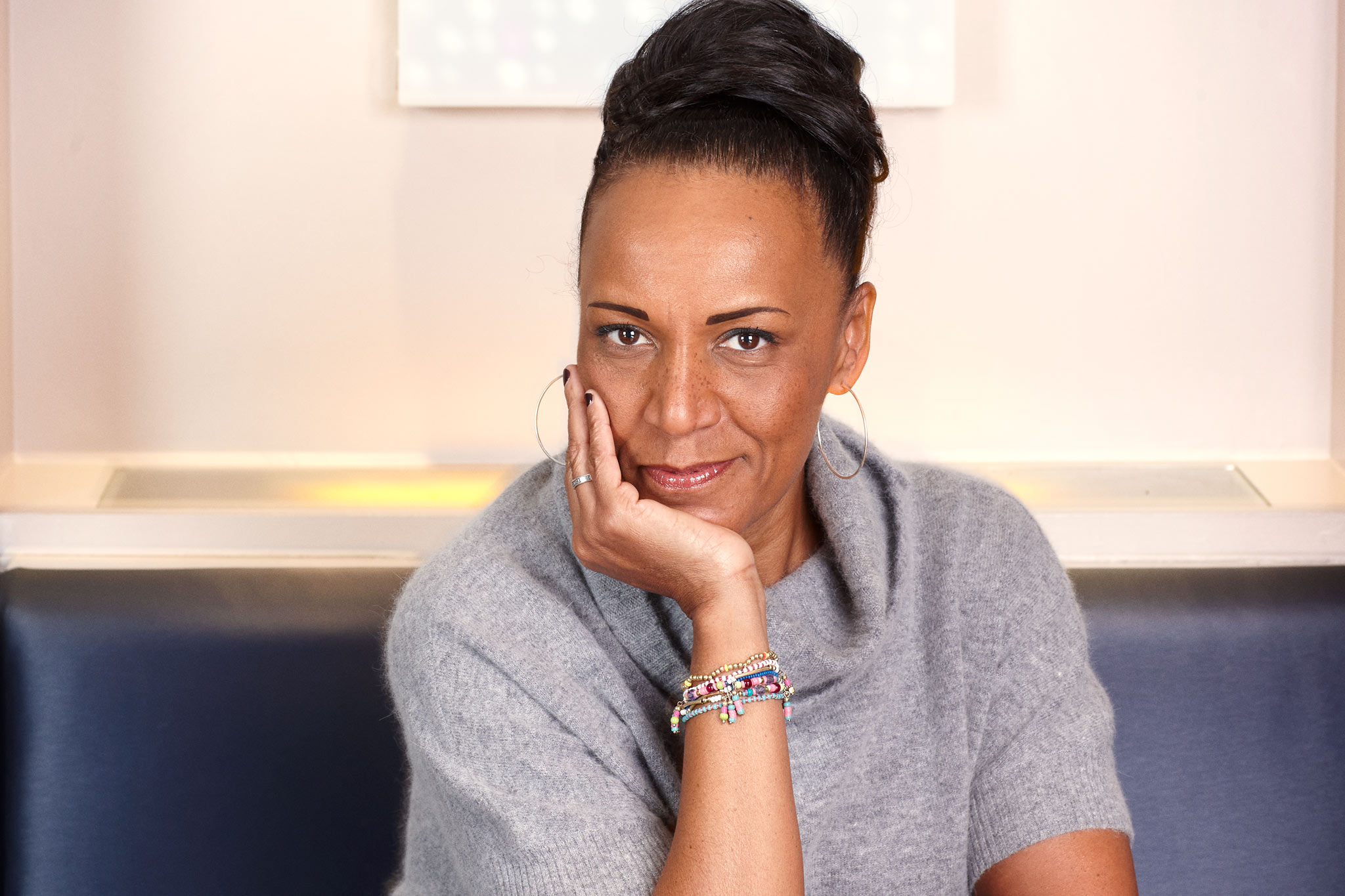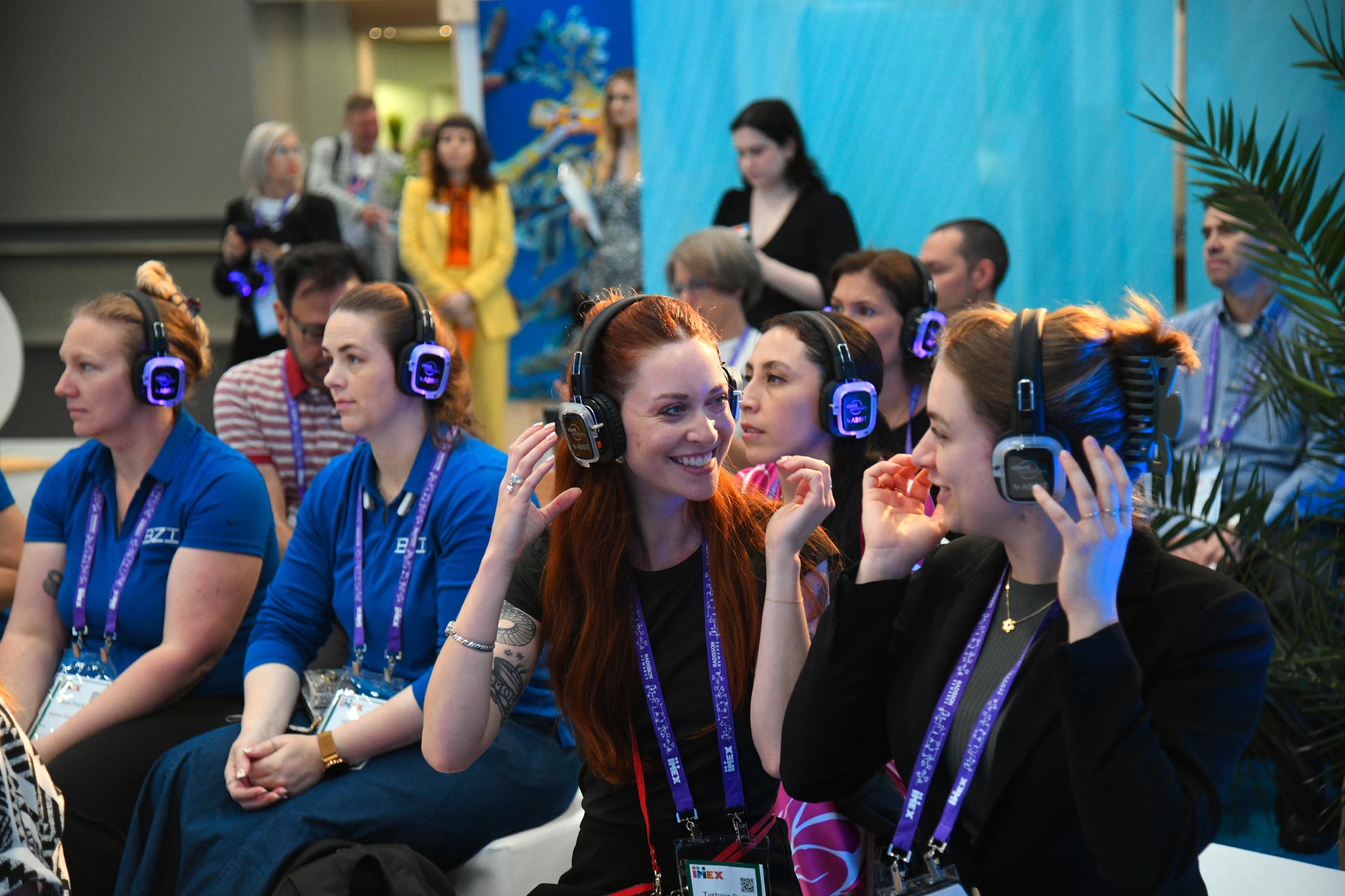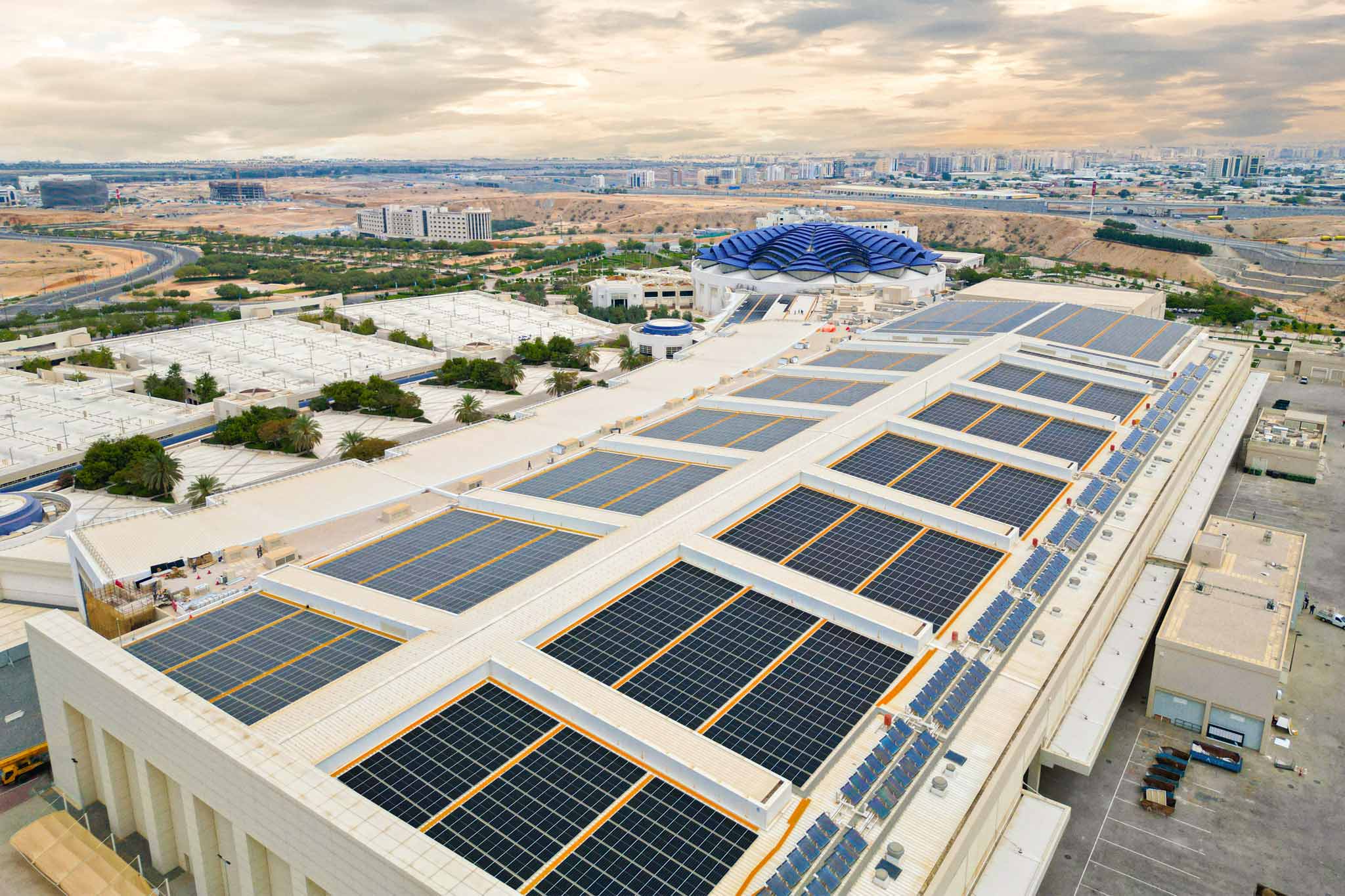Berlin Questions is an annual, multi-day conference and a platform for transdisciplinary dialogue providing ideas for structural change and collective action. Since 2017, the conference has made Berlin home for debate, inviting politicians, journalists and artists from all over the world to address topics of global importance.
This year’s edition of the conference, Metropolis: The New Now, is dedicated to local solutions to global challenges, with a particular focus on the future of the city after the Covid-19 pandemic.
Hosted by Governing Mayor of Berlin Michael Müller, the conference took place in a hybrid format for the first time: both in person at various locations in Berlin and online, via livestream or in a 3D virtual environment. We were lucky to have the possibility to listen to Lesley Lokko.
Lesley Lokko was born in 1964 in Scotland. She grew up in Ghana, and studied in the US and UK. She is an architect, academic, and bestselling novelist. She was previously the founder and director of the Graduate School of Architecture at the University of Johannesburg. She did step down as dean of The Bernard & Anne Spitzer School of Architecture, City College of New York, in January 2021.
Lesley Lokko is currently setting up an independent architecture school in Accra, Ghana, the African Futures Institute. She received her first architecture degree at London’s Bartlett School of Architecture and earned her doctorate in architecture from the University of London in 2007.
Whilst still a student, Lesley Lokko began an edited anthology, that has come to define her interest across her academic career and her fiction writing, about ‘race’ and its relationship to the built environment. However, that initial interest has expanded considerably to encompass a broader interest in identifying politics, culture and urbanism.
White Papers, Black Marks: Architecture, Race, Culture was published in 2000, six years after its inception. It remains one of the few anthologies explicitly dedicated to the study of ‘race’ as a meaningful category of enquiry within the architecture canon.
Lesley Lokko wrote fiction full-time for thirteen years, publishing eleven best-selling novels but continued to keep a peripheral interest and foot in architectural discourse. Her newest book, Soul Sisters, was published in the summer of 2021.
“A decade is often a good yardstick for measuring the impact of events. In my mind, the global Covid pandemic and the global racial justice protests are fused, even though each started as a local phenomenon before spreading like wildfire.
“Africa is the world’s youngest continent, with an average age of 19, compared with 38 in Europe. Scientists have different explanations for why the death rate in Africa was so low compared to so many other places, youthfulness; heat; a largely outdoors lifestyle, there doesn’t appear to be a single, concrete answer,” says Lesley Lokko.
“However, the prolonged lockdown and reliance on digital media to interface with the rest of the world left an unexpected consequence in its wake: Africa’s youth emerged in 2021 with a stronger and more confident sense of self, partly in response to the protests, which provided first-hand evidence that ‘there’ (for example, Europe and the United States) was not quite the Promised Land that many believe it to be, and a new sense of interconnectedness across the globe. We were all in this together, rich and poor, black and white, native and immigrant, urban and rural.
“This enforced period of self-reflection has opened up new and imaginative territory”
“As a result, we are more aware of the relationship between public health and urbanism. For example, of the power of imagination and its role in emancipation, the inter-twined relationship between decolonisation and decarbonisation, of the importance of aligning vision with a greater sense of vocation.
“In other words, this enforced period of self-reflection has opened up new and imaginative territory that could, if it is harnessed and protected, meaning a very different future not just for Africans, but the rest of the world.
“2021 was indeed an annus horribilis. However, the signs are already apparent that we may emerge from it not destroyed, but stronger if we can read them.”
Lesley Lokko tells us that women in Africa still search the desert for the remains of their relatives executed during the dictatorships of the ‘70s and ‘80s. That ability to hold multiple scales of time, to look back 500 years, 45 years or five days, and still be able to think about the future will be one of the most important challenges these next few months will throw at us. There are many things that we can say about the future, and none truer than this statement spotted on the back of a taxi somewhere in a crowded street: “It changes, indeed.”
It says that there are three mistakes we commonly make when thinking about the future: One is to assume that nothing will change, but everything will remain the same. The second is to take that everything will vary and that nothing can stay as it was. The third and most dangerous is not to think about it at all.
“I spent almost half my life outside Africa and half within. In the beginning stages of a new project to build a new type of Institute, Pratt School of Architecture, and Pratt Public Events Platform. The African Futures Institute is both a product of and the response to the pandemic and the protests, but it first began to form as an idea about 30 years ago.
“For the most part, my work as an educator over the past 30 years has been a complex, challenging, and yet also a wonderfully rich, expressive, and creative relationship between architecture, race, and identity.
“The difficulties of translating that intuition that this relationship does have something to do with the way that we live, fit and behave around one another. In the right hands and the right place, it is a relationship that begins to address the difficult question of ‘we’, ‘on whose behalf’, and ‘for whom do we speak’. What is different now, I think, is the ongoing aftermath. We have come to realise three crucial points:
- One that we are all in this together, black, white, rich, poor, east, west, global north, global south, no matter how unequal the vaccine rollout.
- Two, the things that we once thought of as independent and separate issues, social and racial justice, climate change, mental and physical health and so on, are intertwined and interconnected.
- And three, we cannot go on doing the same thing, living in the same way, and expecting a different result.
“Every story has a beginning, a middle, and an end. Just as all crises have a beginning, a middle, and an end. So, although the end may not have any insight, we’re still in the middle. We know that there was a past to relative stability and predictability.
“At least to some, there is now chaos and disruption, and there will be a different stage to come. As this future unfolds, and it will, some of us will emerge stronger and more resilient, and for others, the future will be catastrophic.
“This is as true for organisations and institutions as it is for societies. For example, in the sociologist Richard Sennett’s book, ‘Together: The Rituals, Pleasures and Politics of Cooperation’ which was published a decade before Covid, he describes what he calls ‘the great unsettling’ that took place at the European reformation when a new individualism undermined the cooperative patents of the Catholic church.
“As this future unfolds, and it will, some of us will emerge stronger and more resilient, and for others, the future will be catastrophic”
“The old ways of living together began to look hollow and manipulative, but the new behaviour patterns were crude and disruptive. It took a long time for people to work out how to live with one another again. The same thing or something similar happened in the scientific revolution.
“Before the pandemic, there was the sense that we were still living through ‘the great uncertainty’ with the information technology revolution. Workplaces were shutting down, short-term jobs, and social media enable us to make and lose connections in the blink of an eye.
“Yet during the pandemic, and even now, Zoom and Teams quite literally kept us alive. There is another uncertainly on top of a previous unsettling, making for even more insecurity and instability around navigating and negotiating these changes. But we have no choice. We must navigate.
“Now more than ever, we must find ways to live and work together that deliver more than material profit. We must learn to negotiate difference that goes beyond design beyond performance.
“Cooperation requires skills, and skills require resources. Because it is hard to cooperate, it is much easier for those who already have plentiful resources.
“This past year has only reinforced that. Brexit notwithstanding, I have a British passport. I was vaccinated in the UK. I’m here today. If I had been vaccinated in Ghana, the chances are that you’ll be hearing from me via Zoom.
“Like many, I imagine, I found the prolonged period of remote working and connecting much easier when it involved those who already had a previous person-to-person encounter. Trying to generate a meaningful relationship with someone I’ve only ever met on screen was in the end far more difficult than I ever imagined.
“Trust, which is the building block of any meaningful relationship, no matter how addicted we are to Tiktok or Love Island, is remarkably hard to rely upon in the digital world. At an average age of 19.8, Africa is the world’s youngest continent.
“With few exceptions, we also have the world’s oldest leaders. Embedded in our demographic DNA is the problem between experience and expertise on the one hand and idealism and innovation on the other, which we are all grappling with.
“I do not mean to suggest that age and innovation are mutually exclusive, far from it, but as Trevor Noah states in his interview with Greta Thunberg, there is something about age that translates into an urgency that I find inspiring.
“The UK Government’s ‘Stay home. Protect the NHS. Save lives’ campaign was universally viewed as the most effective of the UK Covid mantras presented in March 2020 at the start of the national lockdown. What’s remarkable about this message, for me, is that beneath its simplicity is another much more complex message about society, trust, and togetherness.
“Amanda Gorman, the American poet who was speaking at the inauguration of President Joe Biden, ends by saying, ‘Justice isn’t just is.’ So, I’m ending this presentation performance with a quotation from a motivational speaker. Still, it is one of the simplest and most profound statements I’ve come across in nearly 30 years as an educator and writer.
“I began this presentation talking about trust, and I would like to end it talking about imagination. If we cannot imagine a new kind of future together, which begins with holding a different image of one another in our minds’ eye, we will never get around to building it.”



